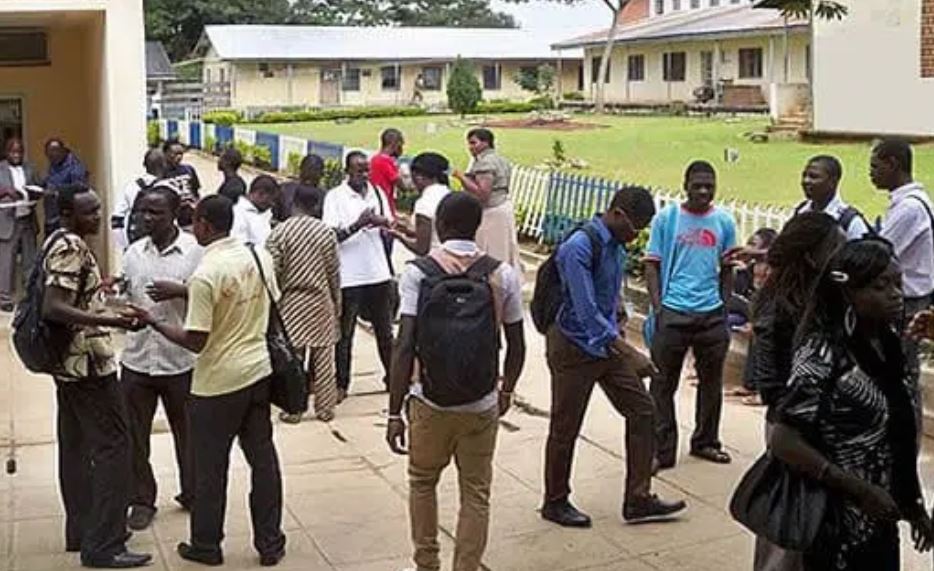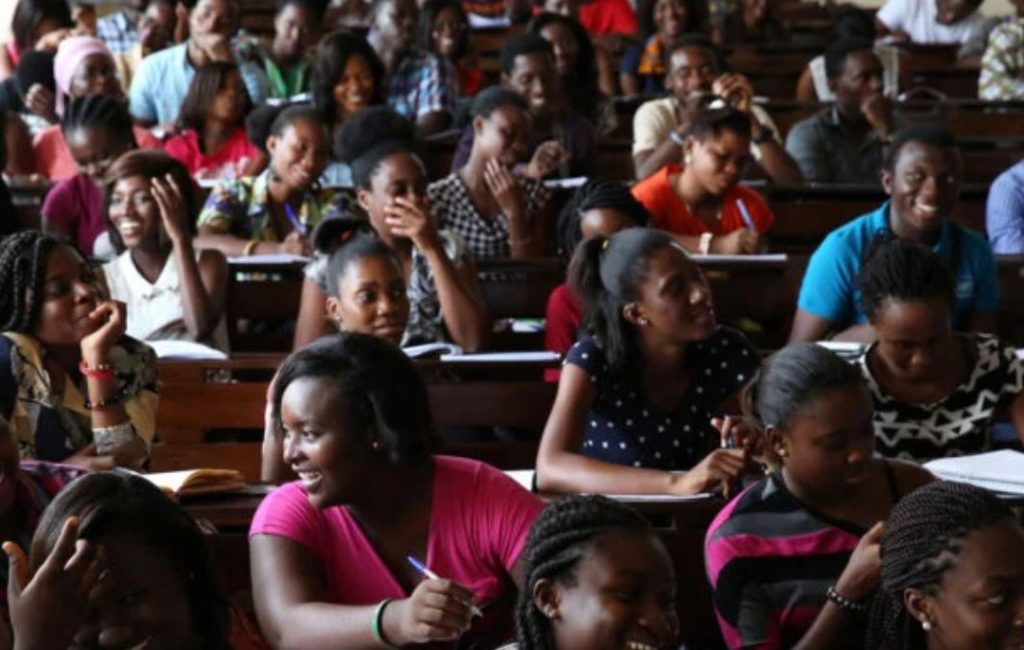Struggling to Survive the Impact of Food Inflation on Nigerian Students

Student on School Campus -ARDnig
Food inflation in Nigeria is severely impacting students, making it difficult for them to afford nutritious meals. With prices of basic food items skyrocketing, students struggle to maintain a healthy diet, affecting their well-being and academic performance. While some universities and government initiatives provide limited support, more comprehensive measures are needed to alleviate this crisis.
The Impact of Food Inflation on Students
Food inflation has become a critical issue in Nigeria, particularly affecting students on campuses. Many students, like Elisha from Lagos State, struggle to afford nutritious meals due to the skyrocketing prices of food. Elisha’s father, a medical worker, was shocked to see his son’s emaciated appearance when he returned home. This issue is not isolated; it is a growing concern across Nigerian universities, where students find it increasingly difficult to sustain themselves on a limited budget.
Rising Costs and Limited Options
The National Bureau of Statistics (NBS) reported a significant rise in food inflation, with a year-on-year increase to 40.9% in June 2024. The depreciation of the Nigerian currency and rising imported food inflation have exacerbated the situation. Students at the University of Lagos (UNILAG) and other institutions have reported drastic increases in their daily expenses. For instance, a student who used to spend N1,500 on meals now struggles to get by on N3,000. The situation has forced many to forgo regular meals, affecting their health and academic performance.
The recent spike in food prices has forced students to choose between education and nourishment, leaving many hungry and struggling to focus on their studies. It’s a crisis that demands immediate and sustained intervention to safeguard the well-being and academic success of our future leaders.
The Struggle for Affordable Meals
Students from various universities, including the University of Benin (UNIBEN) and Covenant University, shared similar experiences of financial hardship. The cost of basic meals has doubled or tripled, making it nearly impossible for many to afford nutritious food. Some students rely on home-cooked meals or support from family members to cope. In Lagos State University of Education (LASUED), a scoop of rice costs N300, a significant expense for students trying to budget their limited funds.
Nigeria Student – ARDnig
Institutional Responses and Student Demands
In response to the crisis, some universities have taken steps to support students. At UNILAG, the management provides meals to 40 students daily and has expanded the work-study program. However, these measures are not enough to address the widespread issue. The National Association of Nigerian Students (NANS) and the National Parent Teacher Association of Nigeria (NAPTAN) have called for government intervention. They suggest subsidizing food on campuses and opening borders temporarily to reduce food costs.
Government Initiatives and Future Prospects
The Federal Government has introduced the Nigerian Education Loan Fund (NELFUND) to provide financial assistance to students. This initiative includes loans for tuition, accommodation, and daily upkeep. While this offers some relief, it is not a comprehensive solution to the broader issue of food inflation. There is a pressing need for long-term strategies to stabilize food prices and ensure students have access to affordable, nutritious meals.
Conclusion
Addressing the challenges of food inflation in Nigerian universities requires urgent action from both educational institutions and the government. Long-term strategies, such as stabilizing food prices and increasing support for students, are essential to ensure that they can focus on their education without worrying about their next meal. By prioritizing these measures, we can help secure a brighter future for the nation’s youth.











